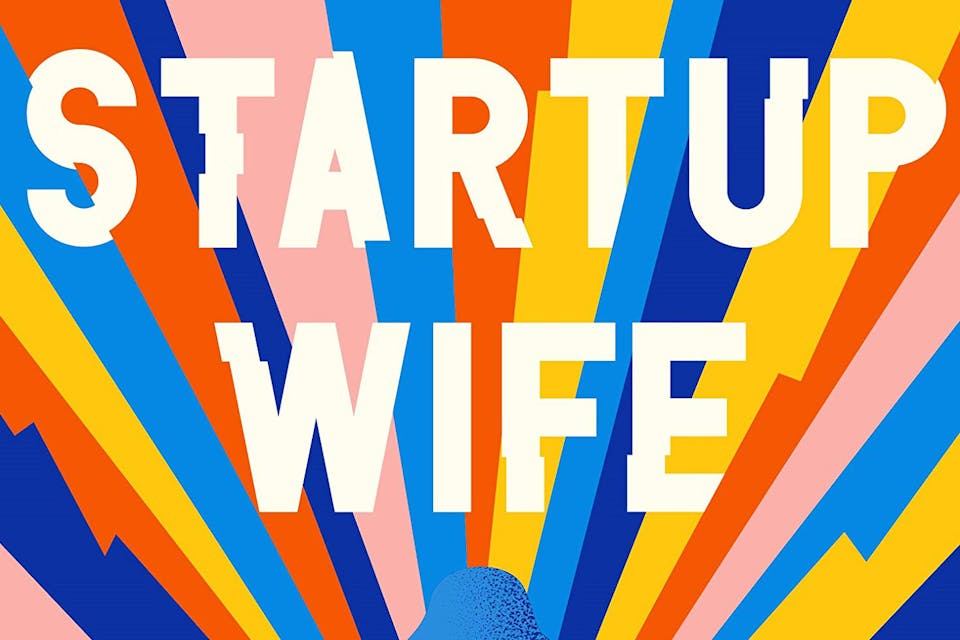
August 24, 2021
Can Algorithms Satisfy the Human Need for Ritual?
The Startup Wife, a buzzy new novel, has been hailed as a serious exploration of modern spirituality. All it explores is a tech-fantasy of hyper-individualism and personal fulfillment.
In the British philosopher and novelist Iris Murdoch’s 1985 novel The Good Apprentice, one of the book’s central characters, Stuart Cuno, is consumed by a single, central question: what does it mean to live meaningfully, richly, fully in a world where God does not seem to exist? “He just sits wrestling with himself,” Stuart’s father laments, “wondering what the purehearted young idealist does now.” He cannot be a soldier, the father laughs; he cannot be a priest. Rather: “He wants to be like Job, always in the wrong before God, only he’s got to do it without God.” Like many of the characters in Murdoch’s 26 novels, Stuart is obsessed, even addicted to, the idea of meaning: constantly balancing his desire to lead a good life with an aesthetic hunger for extremity: the desire to be the kind of character who lives in a world just a little bit richer, just a little bit more enchanted, than that of the bourgeois social order around him.
This question—how do we live a meaningful life in a seemingly godless world—seems even more pertinent now than it did during Murdoch’s lifetime. In America, at least, about a quarter of the population identifies as having no religious affiliation whatsoever; as many as 36 percent of young millennials and members of Generation Z feel the same way. As the philosopher Charles Taylor writes in A Secular Age, we have moved from “a society in which it was virtually impossible not to believe in God, to one in which faith, even for the staunchest believer, is one human possibility among others.”
That’s not to say that our era—in America, at least—is secular, at least not in the sense colloquially used. (It’s worth noting that 72 percent of the self-proclaimed religiously unaffiliated do report believing in a higher power). Rather, what we have seen in the past few decades in a seismic shift in the kind of religion people are seeking out, the precise way in which they absorb, reimagine, and create new ideas of meaning, along with the rituals and (less often) communities to sustain them. As I write in my book, Strange Rites: New Religions for a Godless World, the predominant element of American religious culture is not a loss of faith but rather its transmogrification from an organized, institutional phenomenon to a more individualistic, intuition-based model. People are still as hungry for religion as ever—that hunger just looks a little different from the way it used to.